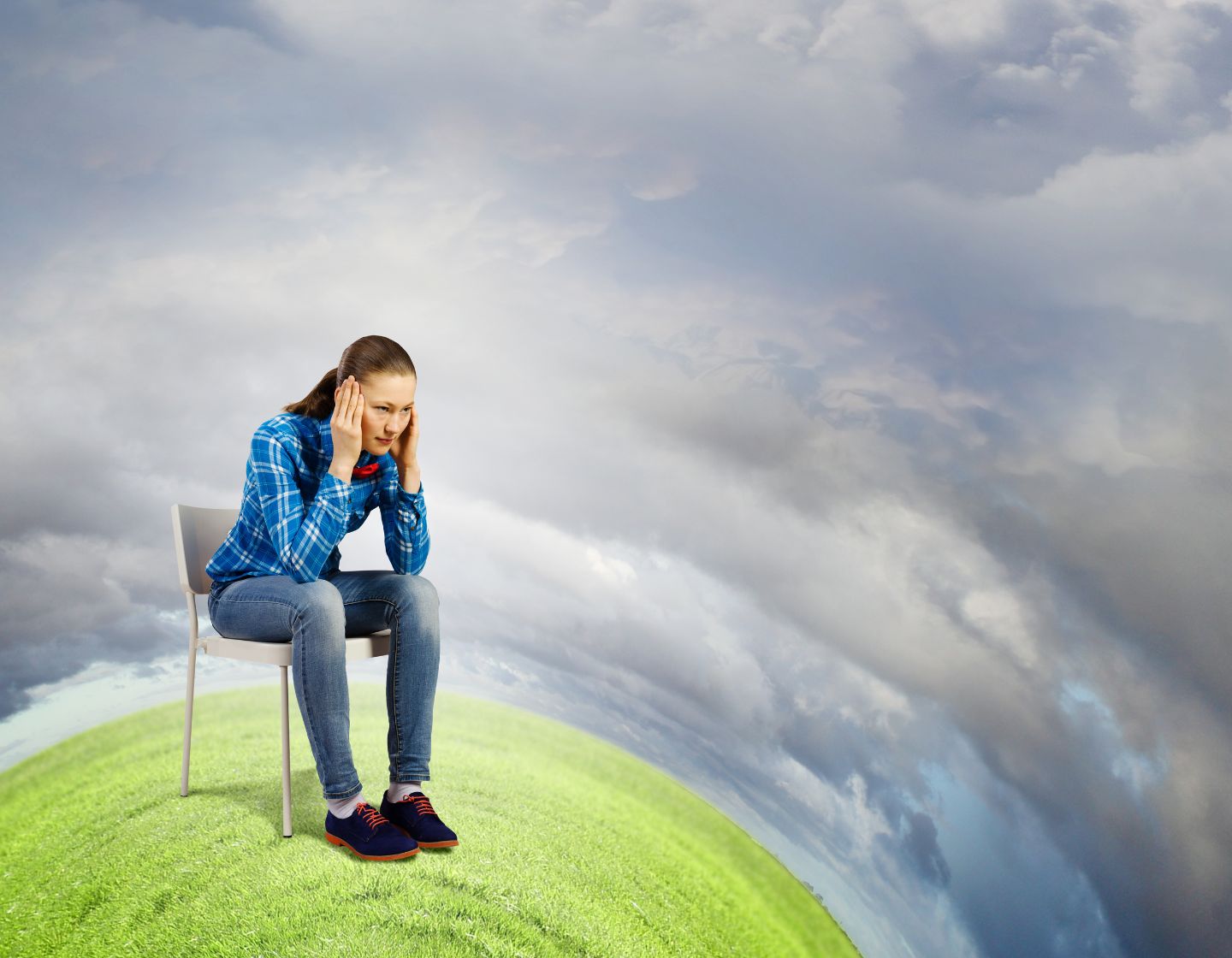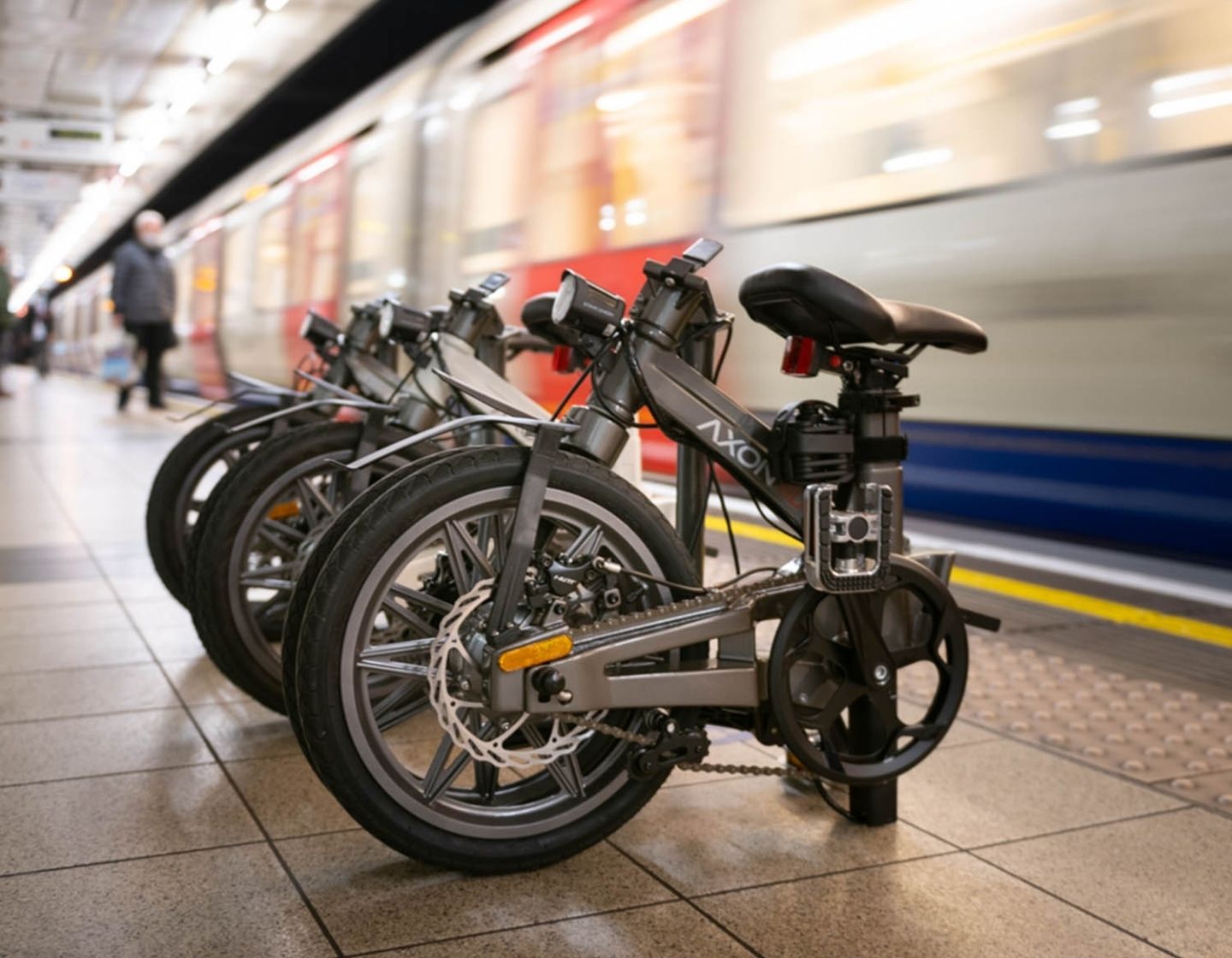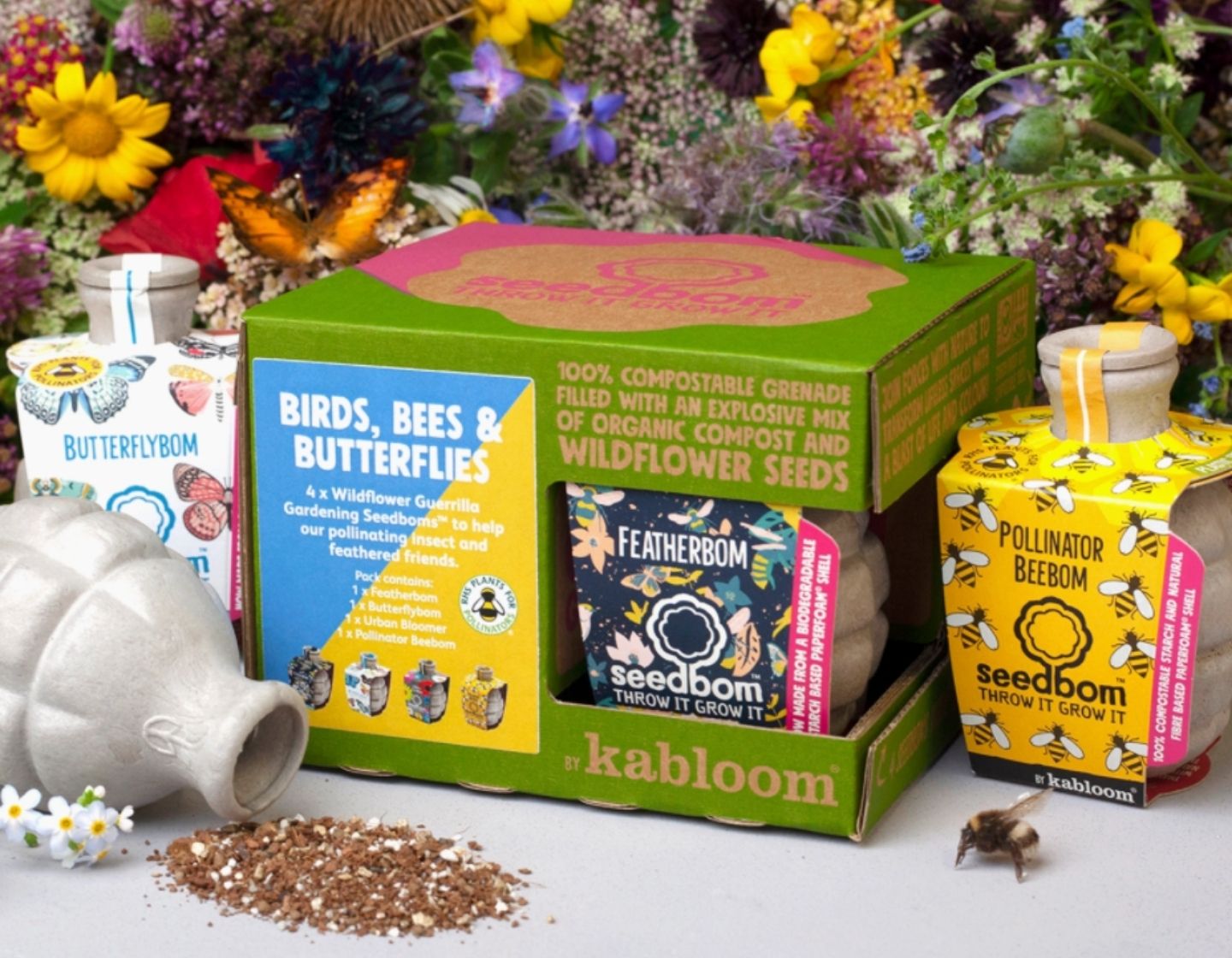How to cope with Eco Anxiety
Do you often feel stressed and overwhelmed about climate change? You may have experienced eco anxiety. You’re not alone. It’s a scary world out there and we want to help you make sense of it. Coping with eco anxiety is a balance between protecting your mental health and adjusting your behaviour to align it with your values.
We may not have all the answers but we do understand how you’re feeling and want to help you work through it. Discover a little about eco anxiety and our tips that you can apply in your everyday routine.
What is eco-anxiety?
Eco-anxiety refers to when someone feels extremely worried about the environment and the threat of climate change. Like any form of anxiety, there is a spectrum. On one end of the spectrum, one may feel slightly worried when they think about the state of our planet and on the other end of the spectrum, this feeling may be heightened and start to impact one’s daily life – even leading to panic attacks and difficulty sleeping.
These feelings are perfectly normal! Although caring about our planet is important, it can be overwhelming at times. Climate change poses a threat to our security, control and the way we live. It’s only natural that our first reaction is to panic.
When this feeling arises, our brain releases stress hormones which can disrupt our sleep, make us irritable, lead to overthinking and cause our heart to race faster. Anxiety can also lead to further mental health issues like depression.
Eco-anxiety is not yet a recognised medical condition but it certainly exists. The term has only fairly recently been coined and it’s still a growing experience.

Who is affected by eco-anxiety?
It has been reported that there are five primary causes of eco-anxiety: education, current events, having children, natural disasters and regret.
Anyone can be affected by eco-anxiety! Just like all mental health conditions, it does not discriminate. But certain people are more at risk of eco-anxiety than others such as young people, indigenous communities, women and people that are more connected to the natural environment.
Experts have warned that there is a growing amount of young people suffering from eco-anxiety. A 2022 survey found that 57% of child psychiatrists are seeing young people distressed about the climate crisis. Research gave an insight into how young people’s emotions were linked with feelings of betrayal and abandonment by the government and adults.
However, a survey by the Global Future thinktank in conjunction with the University of York found that concern about global warming is almost as common among older people as it is among young people. Overall, 78% of people reported some level of eco-anxiety regardless of age or class.
Although we wish we could wave eco-anxiety away with a magic wand for our customers, we know it’s a mean feat. But that doesn’t mean we don’t want to try. Discover some of our solutions to combat eco-anxiety and help you feel more in control of climate change.

Limit your media consumption
While keeping up to date with the latest news is important, constantly consuming threats about the environment can be overwhelming. Some have coined absorbing an excessive amount of negative news, ‘doom scrolling’.
Sometimes the news can shock us, inspire us and encourage us to take action. But sometimes, it can make us feel like nothing we do is enough. Like deforestation, loss of biodiversity and destruction of coral reef is out of our control. While some of that may be true, switching off for a moment can be more beneficial when you’re feeling anxious.
We’re not suggesting that you stop watching the news, but try to understand your boundaries and stop scrolling when you start to feel like you’re spiralling. Remind yourself that the state of the planet does not rest on your shoulders alone. Take a breather.

Make small realistic lifestyle changes
You don’t have to chain yourself to cars or spend heaps of money to make a difference. Small steps add up to create big ripples and starting in your own home is simple. Our Home Shop has hundreds of handpicked sustainable products designed to make your life easier without a cost to the planet.
Laundry only costs 10p per wash with the ecoegg Laundry Egg, you only need one anti-bacterial plastic bottle for the rest of your life with OceanSaver Eco Drops and you’ll never need single-use face wipes again with BamBaw Reusable Bamboo Makeup Remover pads. And the list goes on!
We don’t just sell you a product, we’ll teach you how it works and why it’s sustainable too. Check out our 12 zero-waste swaps for this year.

Write to your local MP
Political action is one of the most powerful things we can do to protect the planet. One of the quickest ways you can show support or challenge a policy is to contact your local MP. It may feel distant, but remember that these people are elected to represent you and you have every right to use your voice.
Simply google your local MP and find their email address to tell them that the government must take action on green initiatives and bring plans for net zero forward. If you don’t feel comfortable expressing your own views, there are plenty of templates online that you can use.
Spend time in nature
Spending time in nature has proven positive psychological effects. Walking in the fresh air, swimming in a freshwater lake, soaking up the sunshine on your skin and listening out for wildlife – all of these are serotonin boosters. Many people feel an overwhelming sense of calmness and clarity when they ground themselves in nature. These feelings are intensified without the use of technology.

Find like-minded people to connect with
A problem shared is a problem halved, as they say. Joining a group of like-minded individuals can help you express your feelings and make you feel empowered and validated. Humans are social beings and when we can process our feelings, explain them and have someone listen, we feel seen. When we feel seen, the burdens become a little less heavy to carry and things don’t seem quite so scary anymore.
Social media can be a great place to meet people that share the same views as you. But if you find that social media is making your anxiety worse, it’s ok to step away. YouTube is a great tool if you don’t feel comfortable talking to people. Search for environmentalists like Greta Thunberg and David Attenborough: listen to their tips and stories. You could try journalling your thoughts afterwards.

Rethink your commute
If you find yourself thinking about the planet every time you drive to work, perhaps it’s time to change your behaviour. Walking and cycling to work is a fantastic way to get some fresh air and get your heart rate up, especially on a crisp autumn morning. You could download a podcast to listen to. It doesn’t have to be about the planet. Have a giggle, learn something new or rent that book you’ve been meaning to read.
If you’re after a speedy commute, consider an electric bike. Just like a normal bike, they’re good for the planet, they’re good for you and they’re good for your wallet. The added speed and innovative technology help you get to your destination quicker and with fewer emissions.
Check out our ultimate electric bike guide.

Sign petitions
Petitions are a super quick and easy way to help you feel like you’re making a difference. Signing petitions helps raise awareness, shows the media that there is a story worth covering, help organisations gain support, signals public opinion to the government and calls on businesses to change their actions.
Searching on platforms such as change.org provides you with al kinds of campaigns to support. If you’re passionate about something, you can start a petition too.
Spend time gardening
Getting outside, getting your hands dirty and planting wildflowers to attract bees is great for your mental health and the planet. Creating your own beautiful patch of the Earth can ease your eco anxiety by giving you a sense of purpose. You may not be able to control what goes on around you, but you can control this space. If you’re not much of a gardener or if you lack the time and space, seedboms are the solution.
Learn how to transform your garden into a haven for wildlife.

Connect with your local community
If you often feel like you want to do more but you’re not sure where to start, think local! Organise a litter picking walk with your street or encourage the local school to plant trees in the woods. Making a positive difference in your community can ease eco anxiety as your actions will likely have a butterfly effect: your peers will follow your lead.
Lots of communities now have Facebook groups where you can suggest these activities on.
Talk to friends and family
Lastly and most importantly, reach out to your friends and family. There is no better feeling than being able to teach others about how they can protect the planet. It gives you a huge sense of reward and a shared passion can help you feel closer to your loved ones.
Not sure how to introduce sustainability to children? Read our guide here.
Download tools to help you deal with eco anxiety
We use our phones for pretty much everything. To call loved ones. To check our work emails. To online shop. To meditate. To keep up to date with the news. Why not add sustainability to that list? The SaveMoneyCutCarbon Home app is a free tool to help you reduce energy, water, plastic and carbon all while saving you money.
Enjoy sustainable swaps at your fingertips and an entire library of Learn & Save articles just like this to help you lead a more sustainable life in small steps.










